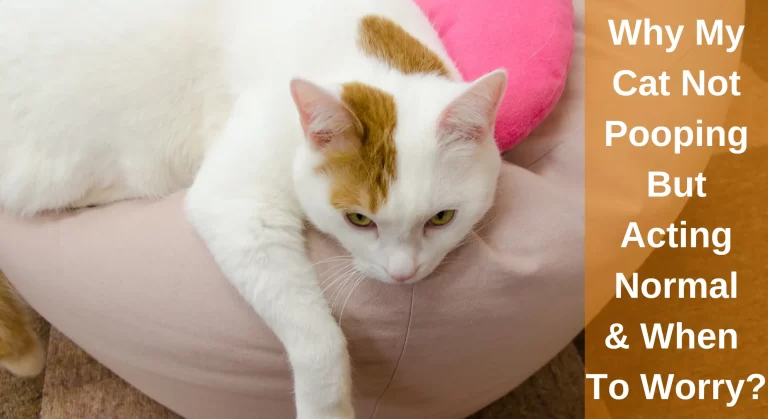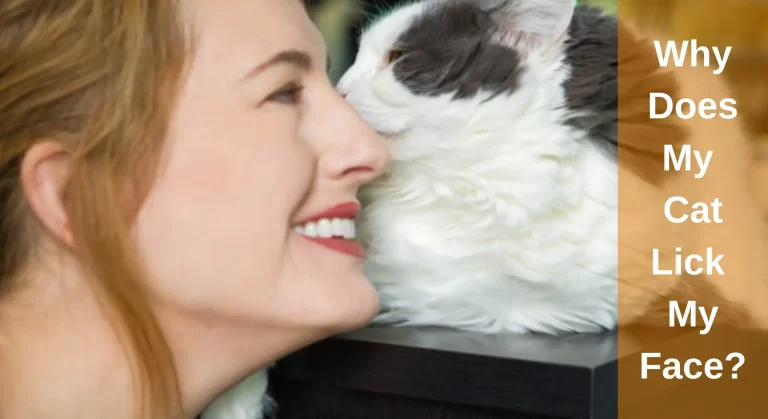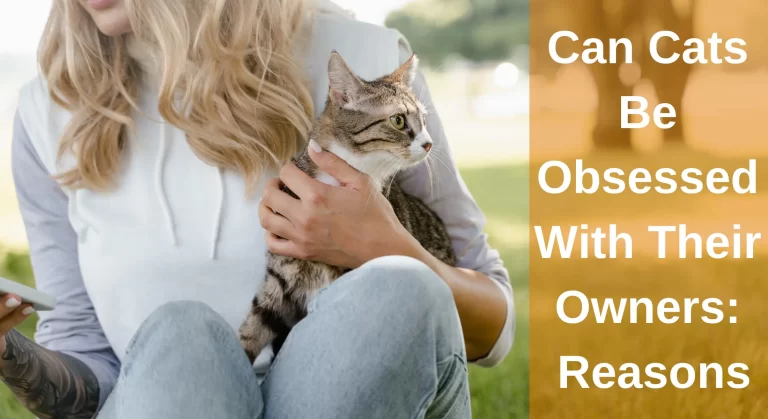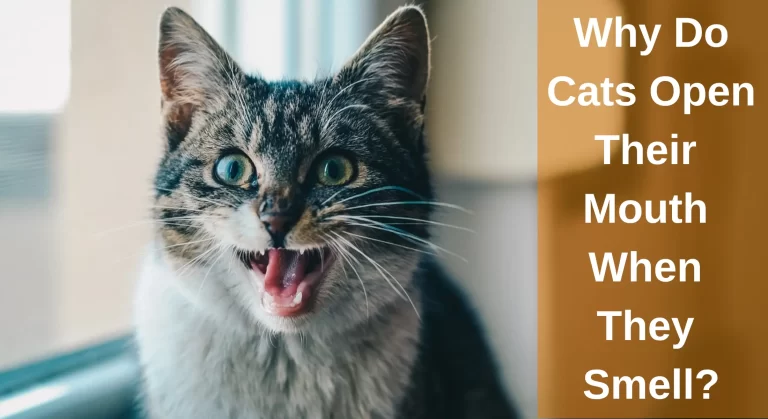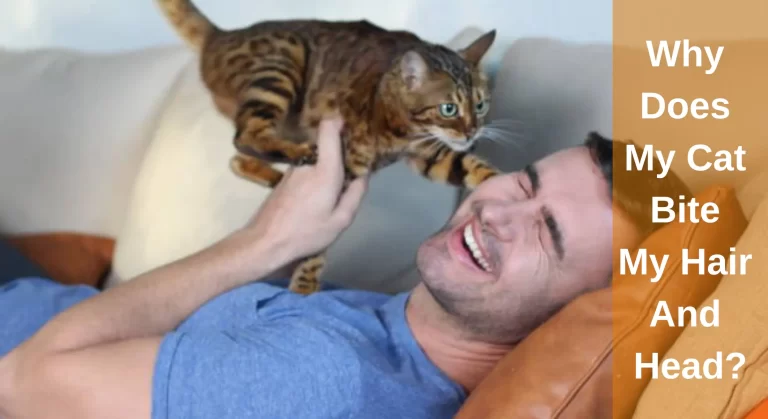Symptoms of Cat Depression After a New Kitten – How To Help?
My cat is depressed when new kittens are introduced.
The arrival of a new kitten can be extremely exciting, but many people do not realize how distressing it is for your older cat to accept a new kitten into your home. Your old cat may experience depression as a result of the new kitten living in your house. Your cat’s emotional state is different from that of humans, but there are telltale symptoms that indicate that he is sad.
The signs of cat depression after a new kitten include loss of appetite or changes in eating habits, body language changes, meowing more or less than usual, clinginess, decreased activity level or a lack of energy. A cat that retreats from humans or other pets, hides or sleeps more than usual, sprays or changes bathroom habits, scratches excessively on objects, lacks grooming or changes grooming habits, or becomes aggressive or fearful.
This article aims to examine the signs of depression that can occur after a new kitten is welcomed into the family. If a cat displays these symptoms, you can take action. Additionally, I will discuss how to help my cat adjust to a new kitten and how to de-stress a cat after a new kitten, so let’s dive:
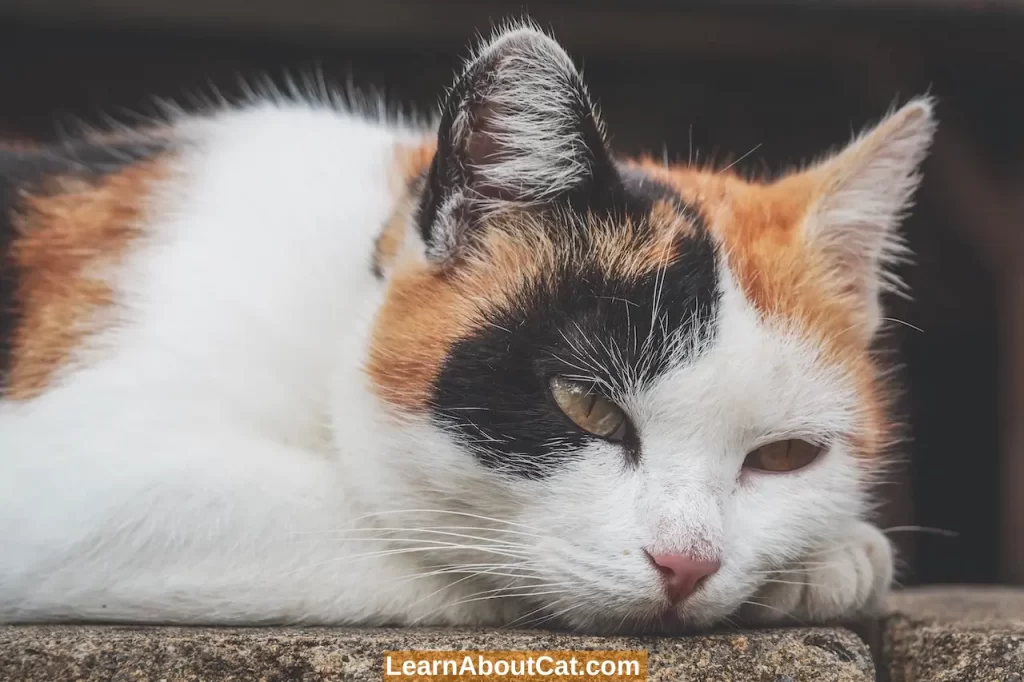
Signs of a Cat Depression After a New Kitten is Introduced?
Some cats will accept a new kitten well when it moves into their home. However, some cats refuse and become melancholy. This frequently occurs when senior cats that have lived in your home their entire lives are given sole custody of it and your full attention.
Your cat’s behavior will change when a new kitten moves into the home, making it simple to tell whether they’re depressed. The list below only contains a few of the warning signs of depression.
Find Out: Why Do Mother Cats Attack Their Older Kittens?
1. Vocalisation Changes
Vocal signals are one of the most obvious signs of melancholy after obtaining a new kitten. There will be a lot more noise than you often hear with agitated cats. The sounds will also vary; instead of their usual meow, you could hear low-pitched yowls as well as rumbles.
2. Poor Grooming or Change in Grooming Habits
Changes in a cat’s usual grooming routine might occasionally be an indication of melancholy and distress. Cats typically like maintaining their own cleanliness. However, many unhappy cats stop grooming altogether because they become bored with the one-fun behaviours as a result of their sadness. As a result, their fur coats will appear matted and untidy.
3. Alterations in Appetite
Do you think your elder cat’s appetite has changed since you brought the new kitten home? This might be just another sign of your cat’s unhappiness. In order to comfort themselves, cats may eat more than usual.
4. Unusual Scratching
Cats like clawing objects to keep their claws razor-sharp. Pheromones from the cat’s paw pads are transferred to the item when it scratches it. This comforts your cat and helps them mark the borders of its territory.
5. Clinginess
Your cat is competing and follows you everywhere for your attention and affection, which are already split between the two of them. They will also want to be close to you since you are the one they love the most because you can soothe them when they are depressed.
6. More Sleep than Usual
If your cat is resting more frequently than usual when you first bring your new kitten home, you may be able to pinpoint their arrival as the cause.
7. Sprays or Changes Bathroom Habits
Despite being taught to pee in the litter box, older kittens could start to urinate everywhere. This is due to the fact that they employ the pheromones in their urine, which they excrete to mark their territory and spread their odour throughout your house. Your cat won’t appreciate the distinctive pheromones that a new kitten generates.
How Can I Help My Cat Adjust To a New Kitten?
By carefully organising the introduction of your new kitten, one of the most significant ways to keep your senior cat from feeling sad is to avoid any awkwardness. Here are the top suggestions for introducing a kitten and an adult cat without upsetting either animal.
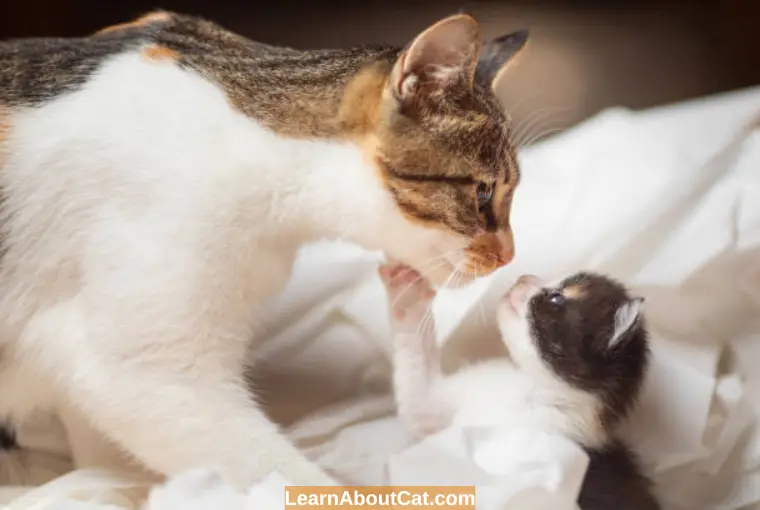
1. Get Gour Home Ready
When kittens leave their moms and become the newest members of your family, you must prepare your home. For the new cat or kitten to come, you must get a fresh litter box, clean food and water dishes, and new toys.
2. Prepare Your Elderly Cat
The older cat doesn’t know who the new kitten is. Are they trustworthy? To tell them to back off or to observe their reaction, your cat may hiss at young kittens. As a result of their new arrival, your cat feels uneasy and maybe unhappy.
It would help if you also prepared your older cat for the new kitten’s arrival. You want to make sure that everyone in your family is as stress-free as possible before the newest family member comes.
3. Make the Introduction Better
Cats are aggressive creatures that leave smells in your home, designating it as theirs. They feel secure and comfortable as a result of this. They are aware that this is their location and their home. Your cat will not appreciate the distinctive pheromones that kittens emit, and they will feel violated.
It Would be best for your older cat, and the new kitten should first be kept completely apart. While your adult cat is free to explore the rest of the home, give your kitten its own space in one room with all it needs.
4. Prefer to Spend Time Together
If your cats stop hissing at one another and seem more comfortable doing so, you may let them wander freely throughout your home. Never try to talk to the two cats. They must invent a new order as they get to know one another at their own pace.
Also Read: I Got A New Kitten And My Cat Hates Me – What Do I Do?
How Do I Destress My Cat After a New Kitten?
If you notice depression signs in your cat, take her to the doctor. Numerous other ailments also exhibit many of the same symptoms. Your veterinarian can rule out a medical ailment. The following are a few things you may do at home to help your cat feel better after that:
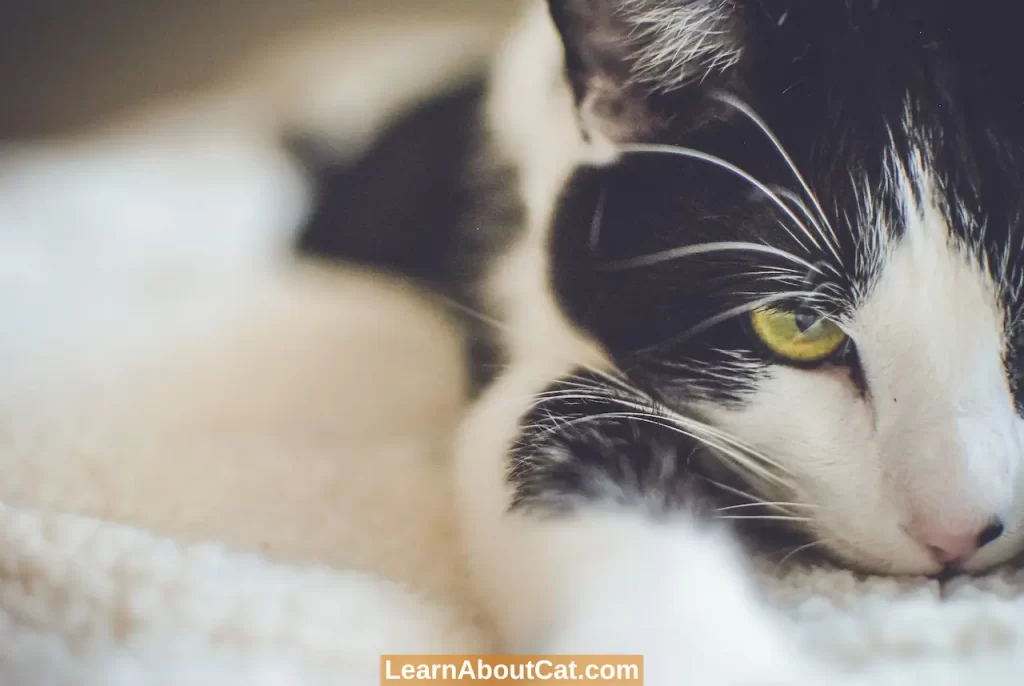
1. Every Day, Play Together
Cats who are depressed typically start to lose interest in the activities they once enjoyed, including playing. So encouraging play is one of the nicest things you can do. This will maintain their physical health and provide them with mental stimulation to improve their mood.
2. Give Cats Places to Hide
If your older cat is nervous, it may just take some time for her to become used to sharing a home with the new kitten. Avoid imposing a rigid deadline and keep up these efforts until you start to see results.
Added guidance: Place at least one extra litter box in a separate part of the house. Regularly clip the cat’s nails as well to lessen the likelihood of a scratch between them.
3. Give Cats Places to Hide
Depressed cats usually become more reclusive and seek places to hide. Allowing them to do this gives them a chance to get away from uncomfortable circumstances and relax.
4. Set the Cats Apart
Keep the cats separated for at least a few weeks or longer if your older cat seems anxious. Facilitate several supervised interactions so they may become acquainted with one other’s scents and motions.
Who Else Should I Contact?
A veterinary visit: Even though there are many things you can do at home to manage and reduce your cat’s stress, it’s a good idea to take your cat to the vet for a checkup, especially if you’ve observed anything odd about their physical health, such as weight loss or signs of cystitis.
Professional advice: You must consult a qualified cat behaviour expert in addition to the information provided here so they can provide you with more detailed advice specific to your cat and the situation.
Frequently Asked Questions
How to tell if a cat Is jealous of another cat?
Your cat displays their jealousy of its new mate by hissing, acting violently, clinging to you, hiding, etc. Scratching, not using the litter box, and abnormal sleeping are some of the behaviour your old cat displays.
Will my older cat dislike my new kitten?
When you introduce a new kitten into their home, cats don’t enjoy it. As cats aren’t easily accustomed to change, it will take time for them to adjust. Although cats can sometimes be slow to accept a new kitten, research has shown that they eventually learn to coexist and get past their tendency to be jealous.
Will my cat ever like my new kitten?
In most cases, a new kitten will usually be accepted much more easily by an adult cat than a new adult.
Will my cat be stressed out If I get a new kitten?
Yes, your cat will grow worried if you bring a new kitten home. They’ll start to think dishonestly, and they’ll start to feel like they’re being invaded.
Can a new kitten depress my older cat?
Yes, your cat may experience denial, withdrawal, and a loss of appetite. Making the change would be quite challenging. They’ll have a difficult time. However, you must provide your older cat with intensive care in this circumstance. Give them their favourite toys, prolong their playtimes, and make every effort to be there.
The Bottom Line on Cat Depression After a New Kitten
It’s common for cats to feel melancholy when a new kitten moves into the house. Cats struggle with change and may believe that their favourite places and people are being taken away from them. This manifests as behavioural changes. For instance, depressed cats may change their grooming habits, vocalisations, sleeping schedules, and appetite.
If you think that your cat is depressed, the suggestions in this article may help. Consult your veterinarian if you’re uncertain. Sometimes all it takes is a little time and tolerance for an old cat and a young kitten to get along.
Who is Isabella?
My name is Isabella, and I am a dedicated and knowledgeable cat enthusiast. With years of experience caring for cats and a deep love for felines, I made a mission to help other cat lovers navigate the challenges of cat ownership.

